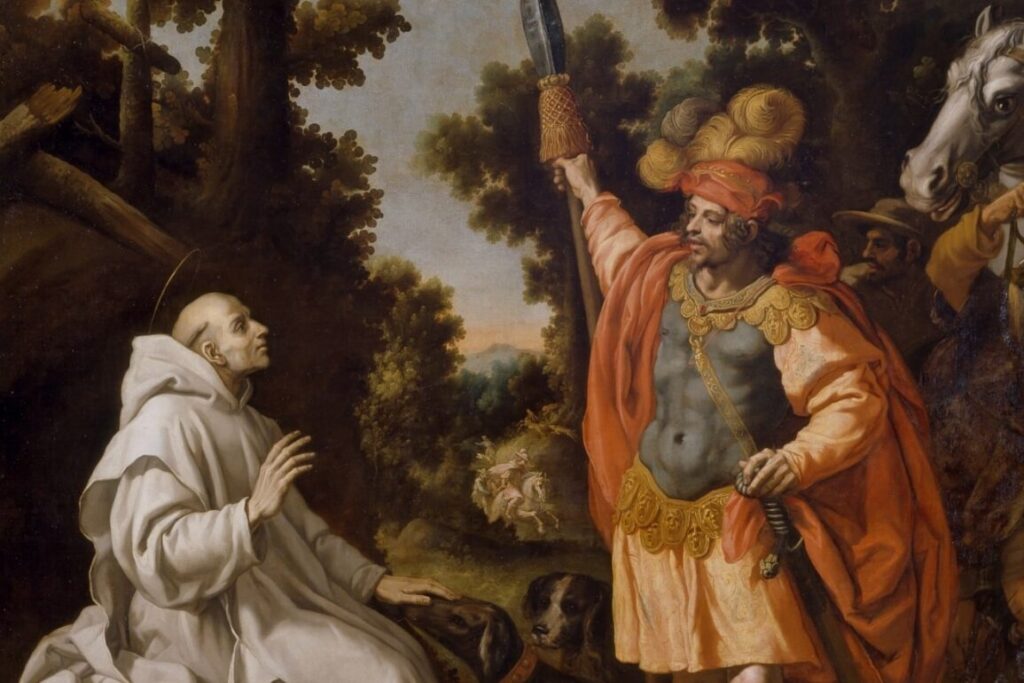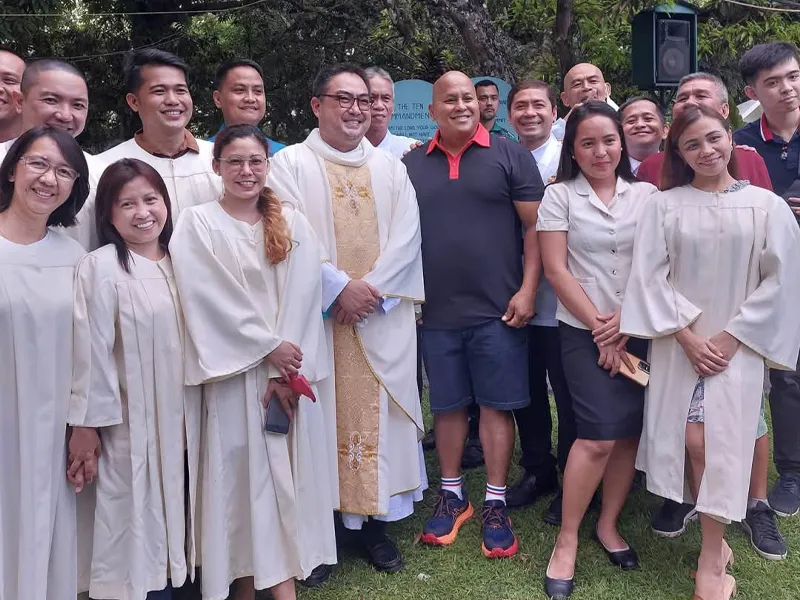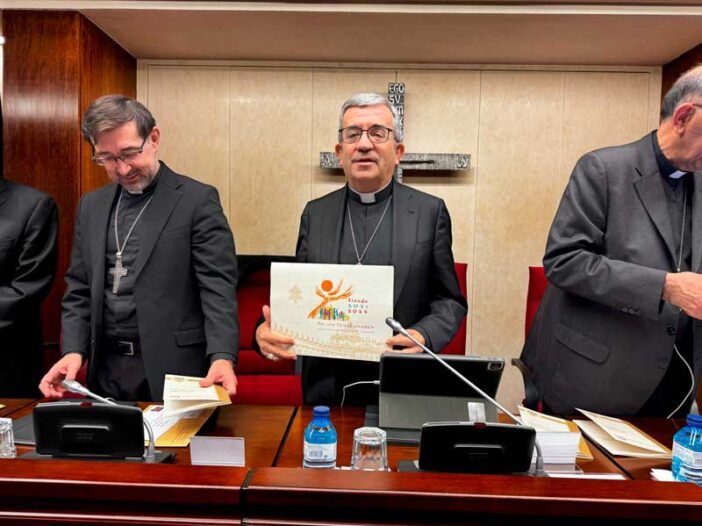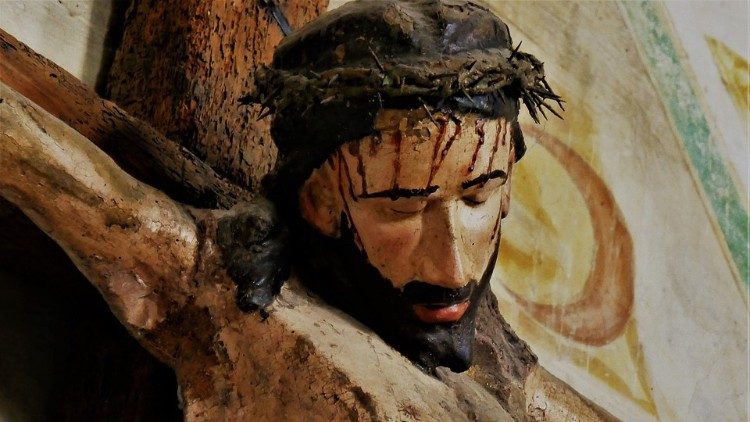Saint Bruno of Calabria, October 6
Priest and founder of the Certosini

Bruno or Brunone was born into a noble German family in Cologne, Lotharingia, in 1030. It was a time of great ferment and mobility throughout Europe, so it is not surprising that his life was spent between Germany, France and Italy. He attended the school of Saint Cunibert and was immediately welcomed by the bishop, who named him canon of his church; he then moved to Reims to study and later to teach. There he came face to face with simony, that plague born within the Church, which consisted of the shameful trade of buying and selling ecclesiastical offices. From this sad experience of the vices of the corrupt clergy who traded in holy ministries – which were meant to be for spiritual service and not to imitate worldly power – a strong rejection of the hypocrisy of that world began to be born in him.
Better a hermit than a bishop
While he was directing the school that had seen him as a pupil, the bishop of Reims died. By natural logic, Bruno was to be his successor, but Manasses de Gournay, whom Bruno had accused of simony, was chosen. Naturally, things became complicated for Bruno, who came to a complete break and was forced to flee. It was the period in which Bruno matured his radical decision to leave the secular world. For a time he placed himself under the direction of Saint Robert at the hermitage of Molesme, but then he understood that the Lord was calling him to another place. Together with six companions who shared his ideals, he presented himself to the Bishop of Grenoble who, trusting in his good reputation, granted them a hostile and unexplored land in Chartreuse, at an altitude of almost 1200 meters.
Stone and straw
Bruno was happy in this isolated place. With his companions he began the construction of the huts, all of the straw, in which they were to live, and the construction of the church, the only stone building, according to the criteria of consecration of a sacred place, a consecration that came in 1085. Here Bruno began to spend his life in silence, speaking only in his heart to God, whom he found in prayer and meditation, while community life, although present, was reduced to a minimum. He and his companions were not aware of founding something new – this was not their intention – they only wanted to stay away from the merchants of the sacred and live the Gospel radically. But God’s will had to be fulfilled, and this new experience of Christian life, decidedly ascetic and contemplative, would eventually be transformed into a new monastic Order: the Carthusian monks. Although Bruno would write many letters and reflections, it would be only the fifth prior, Guigo, who would make the final draft of the Rule.
In Rome, the reasoning was not the same
Only six years after the birth of the Carthusian Order, Bruno was called to Rome: a former student of his was elected Pope under the name of Urban II and he wanted him at his side as an advisor. Bruno did not dare to disobey the Pope, but it was very difficult for him to abandon monastic life. In Rome, in fact, he lasted only a few months, then managed to obtain from the Pope a transfer to Calabria: Urban believed that he could elect him bishop of Reggio, but Bruno, on the other hand, providentially received as a gift from a nobleman a beautiful forest in the town of Torre where he began to build a new hermitage community, exactly where today stands the town that in his honour is called Sierra San Bruno. He spent the last years of his life there, living as he had always wanted: in continuous penance, charity and contemplative prayer until his death in 1101.
The cult of Saint Bruno
Bruno was officially canonized in 1623 by Gregory XV, but his cult had already been authorized by Leo X in 1514. On October 9, 2011, Benedict XVI, on the occasion of his pilgrimage to the Carthusian monastery of Sierra San Bruno, recalled him thus: “The monk, leaving everything, so to speak, runs the risk of exposing himself to solitude and silence in order to live only from the essential, and precisely by living from the essential, he also finds a profound communion with his brothers, with every man.”
Related

“The priest finds his reason for being in the Eucharist”
Fundación CARF
01 April, 2025
5 min

Family Valued: An international appeal for the family
Exaudi Staff
01 April, 2025
2 min

Bishop Luis Argüello Addresses the Challenges of the Church in Spain
Exaudi Staff
01 April, 2025
2 min

THE WAY OF THE CROSS: Accompanying Jesus on the way to the Cross
Luis Herrera Campo
31 March, 2025
5 min
 (EN)
(EN)
 (ES)
(ES)
 (IT)
(IT)

